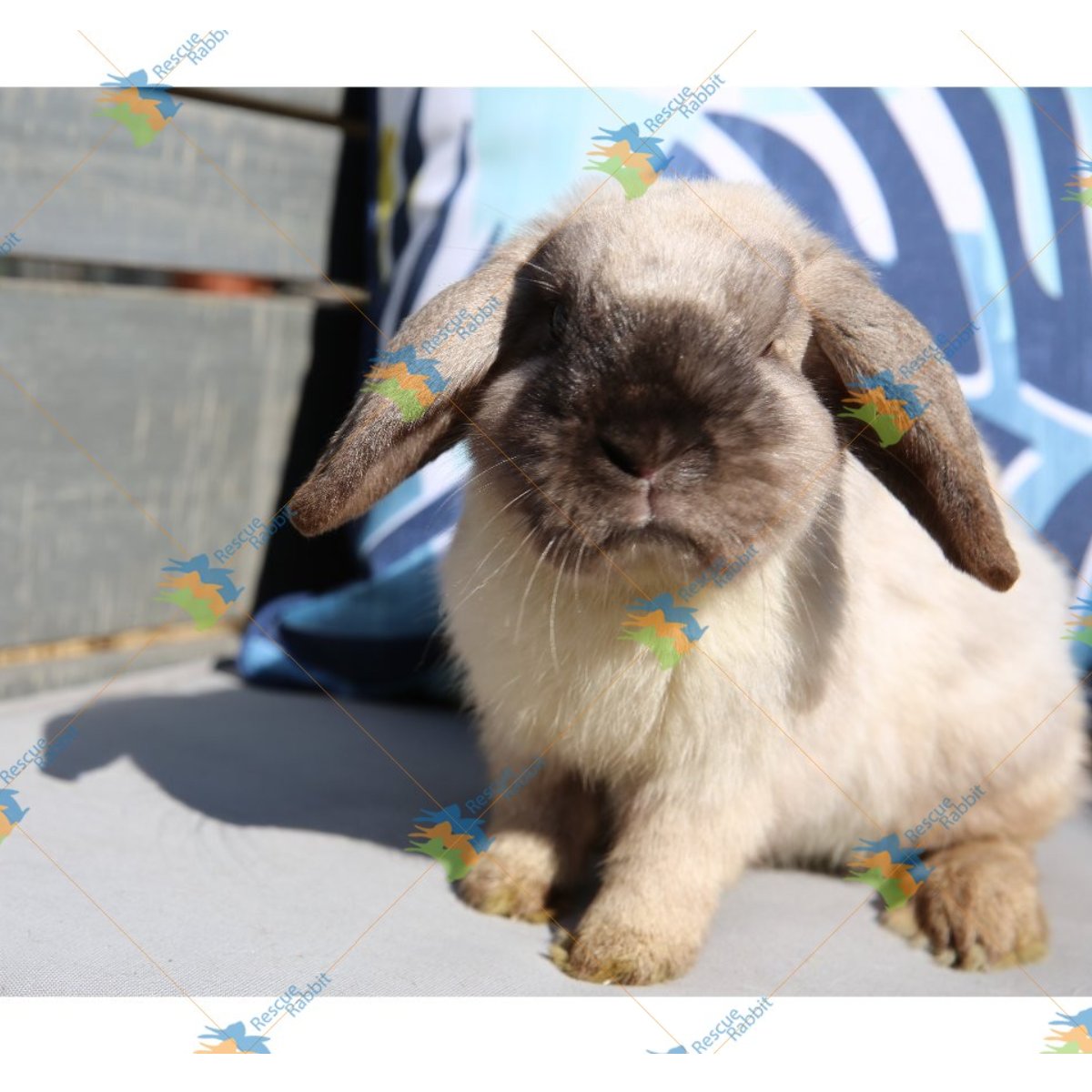There are a lot of misconceptions about pet rabbits and their needs which sadly lead to them being abandoned in the wild, surrendered to pounds, shelters and veterinary clinics or sadly to a premature death due to unsuitable living conditions and diet.
Adding to their plight is the perception many people have of rabbits as pests to be eradicated or, for some, as food to be raised, slaughtered and consumed.
But the grim reality is that, given a chance, a bush rabbit or a meat rabbit is just as affectionate and loving as a pet rabbit.
Rabbits have been brought to Australia through no fault of their own and should be treated humanely. Myxomatosis and Calicivirus have been introduced as a means to control wild rabbit populations but they sadly cause very painful deaths and have a terrible impact on pet rabbits and their families.
Rabbits are NOT low maintenance pets or ideal starter pets
Being very sociable and affectionate, rabbits require just as much time as a dog or a cat and their lifespan (10+ years) entails a similar commitment.
There is nothing sadder than a lone rabbit spending his life imprisoned in a tiny hutch in the backyard, only visited a few minutes a day and eventually forgotten about.
Rescue Rabbit advocates a house rabbit lifestyle where rabbits are part of the family and as such live in the house either free range in the whole house or in a dedicated space such as a bedroom or enclosed veranda, or in a large playpen in a living or family room.
Rabbits are NOT cheap pets
Some pet shops might be selling rabbits cheaply as they will be making most of their revenue from the often unsuitable cages, food and accessories they will be selling, as their primary concern is to make a sale.
The physiology of rabbits (and guinea pigs) is vastly different to a dog or a cat’s and therefore rabbits require specialised veterinary care which does not come cheap.
Because of the introduction of the calicivirus, your rabbit will need to be vaccinated yearly.
Due to the presence of myxomatosis and Calicivirus type 2 and the unavailability of the corresponding vaccines in Australia, your rabbits will need to be protected against mosquitoes and parasites such as fleas and ticks but also flies which can transmit the disease.
Reproductive tract cancers have a very high incidence in undesexed female rabbits (over 80%), therefore female rabbits will need to be de-sexed once they reach six month of age if they are to live a long and healthy life.
De-sexing is also very beneficial for temperament as some bunny girls can be very territorial and some boys inclined to spray and/or fight. De-sexing also complies with the standards of responsible pet ownership and population control.
To ensure their safety please make sure you take your rabbits to a rabbit savy veterinarian as their physiology is vastly different to a cat's or a dog's.
There are a few top rabbit specialists in the Sydney area such as the exotics teams at North Richmond Vets and North Shore Veterinary Hospital and there is a rabbit clinic in Melbourne.
Rabbits are NOT suitable pets for young children
Being prey animals, rabbits (and guinea pigs) will feel instinctively threatened when they are picked up and/or held.
Young children on the other hand will instinctively want to hold and cuddle which will generate fear and stress for the animal as the only time they are caught and held in the wild is usually just before being eaten by a predator.
Rabbits for example will play dead in the hope the predator will let go of them. This is known as trancing and it is very detrimental to their health (see our article on Trancing)
Rabbits (and guinea pigs) must therefore have mature carers who are willing to understand and respect their psychology and let them come to them on their own terms and allow them to build trust at their own pace.
This will in time lead to unconditional love and affection.
Addoption process
Trancing
Anxiety
Never trance your bun...
Does my rabbit recogn...
Cats or Dogs with Rab...
Rabbit Anxiety Explai...
Understanding your ra...
The Happy Rabbit
Having your bunny acc...

